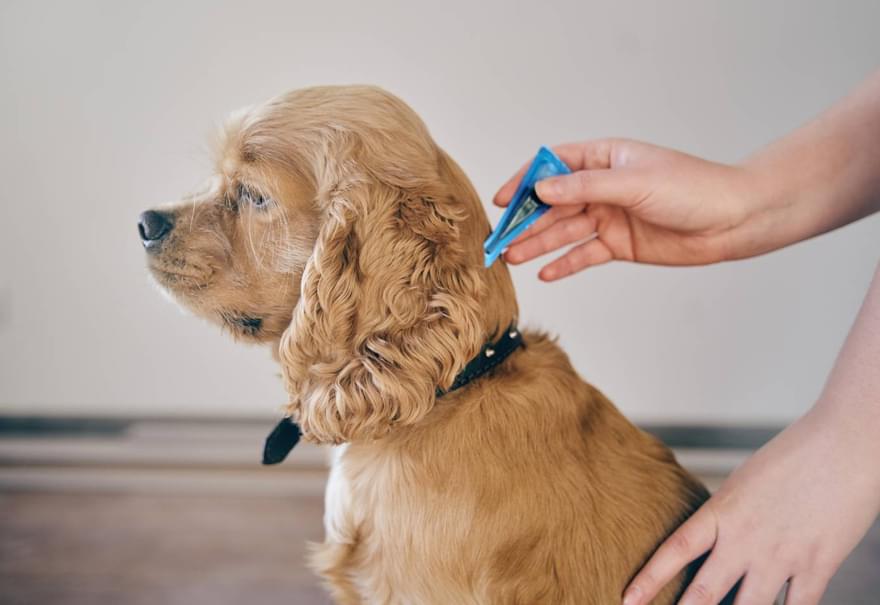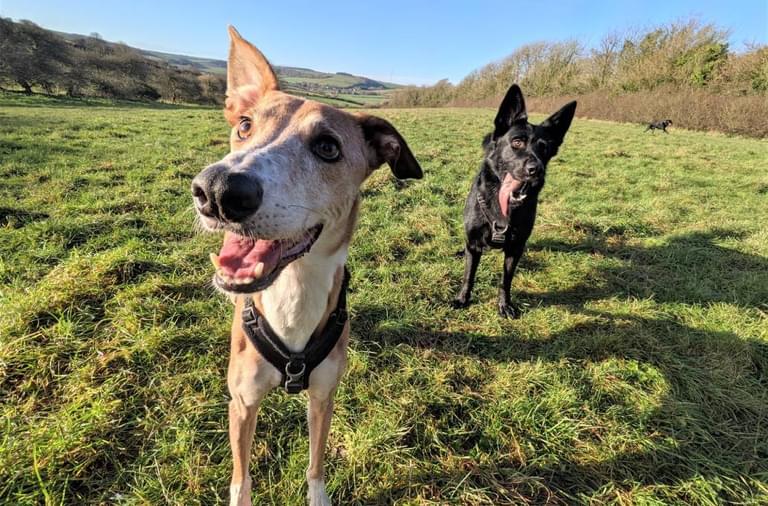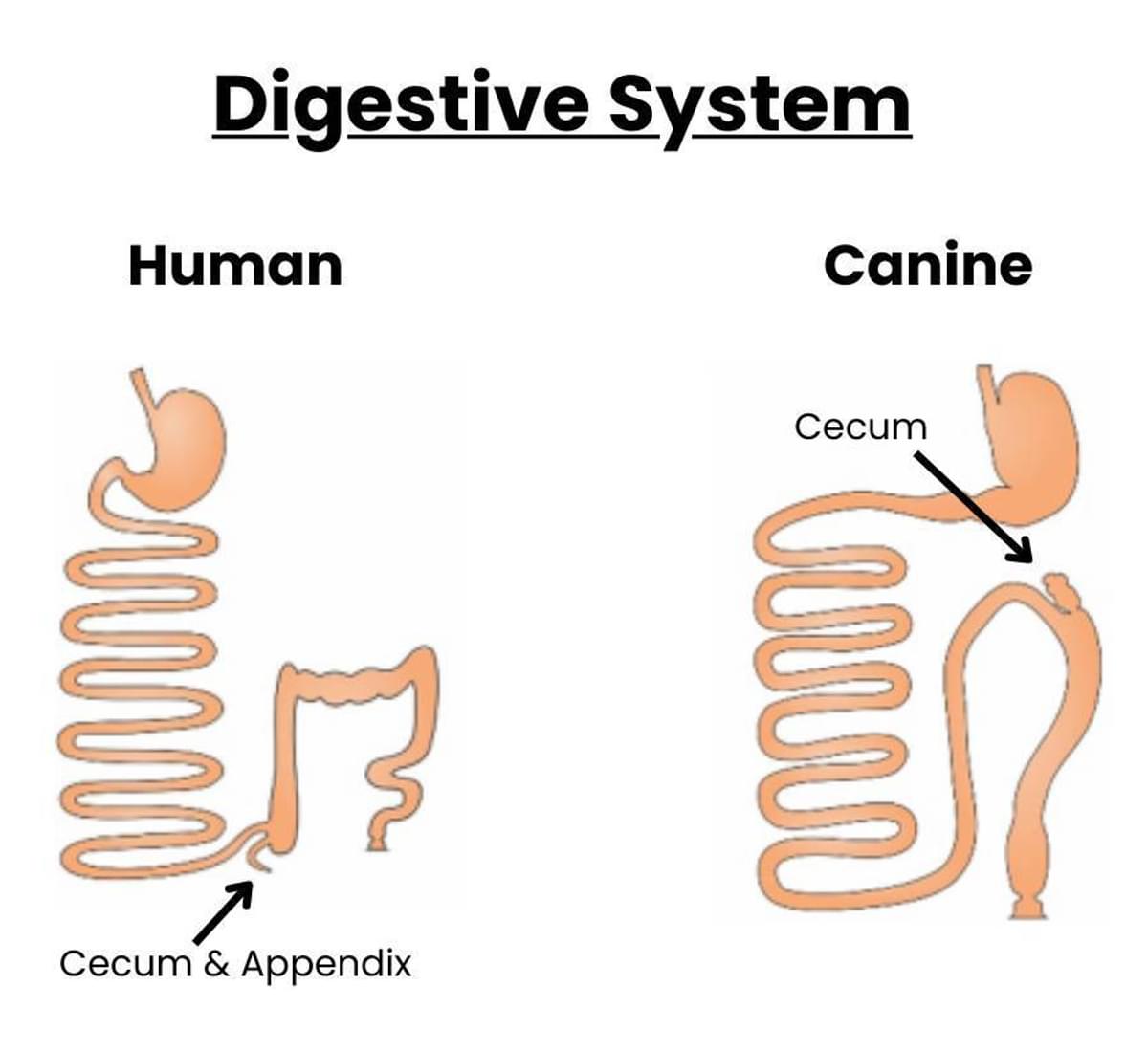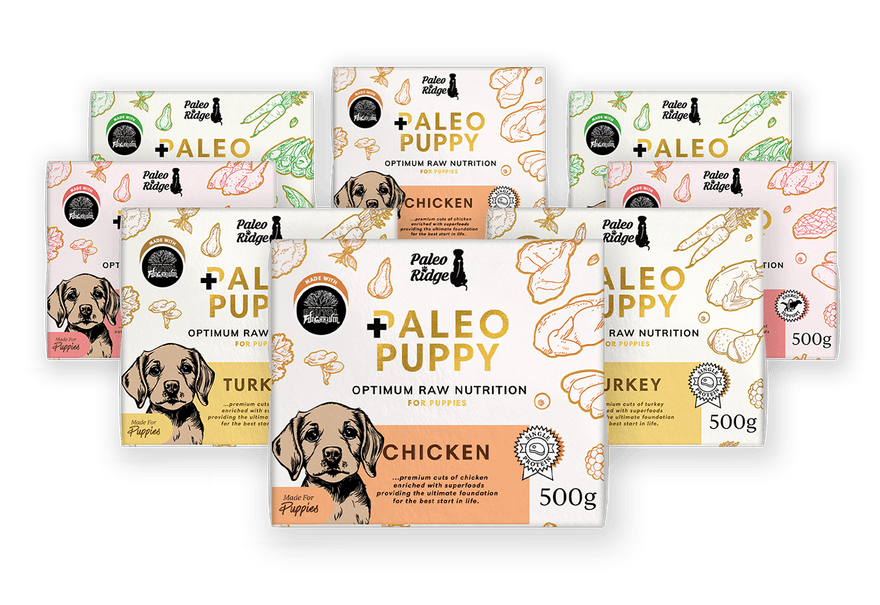Renee Rhoades, MSc, is a distinguished authority in canine behaviour and welfare, recognised for her unwavering commitment to improving the lives of both dogs and humans. As the visionary founder of R+Dogs, a virtual dog behaviour consultancy, Renee offers cutting-edge private coaching and online courses to dog guardians worldwide. Renee specialises in transforming fearful and high-energy dogs, addressing aggression, reactivity, generalised anxiety and hyperactivity.
Beyond client-focused coaching, Renee is also the co-host of DogLogical, a podcast dedicated to unravelling the mysteries of our dogs.
Struggling with your dog’s behaviour? Discover how Renee can elevate your wisdom and transform your relationship by visiting <a href="http://www.rplusdogs.com
www.rplusdogs.com
References:
Cryan, J. F., M. Cowan, C. S., Sandhu, K. V., S. Bastiaanssen, T. F., Boehme, M., Codagnone, M. G., Cussotto, S., Fulling, C., Golubeva, A. V., Guzzetta, K. E., Jaggar, M., Long-Smith, C. M., Lyte, J. M., Martin, J. A., Molinero-Perez, A., Moloney, G., Morelli, E., Morillas, E., Cruz-Pereira, J. S., . . . Dinan, T. G. (2019). The Microbiota-Gut-Brain Axis. Physiological Reviews. https://doi.org/PRV-00018-2018.
Mondo, E., Barone, M., Soverini, M., Cocchi, M., Petrulli, C., Mattioli, M., Marliani, G., Candela, M., & Accorsi, P. A. (2020). Gut microbiome structure and adrenocortical activity in dogs with aggressive and phobic behavioral disorders. Heliyon, 6(1). https://doi.org/10.1016/j.heli...




